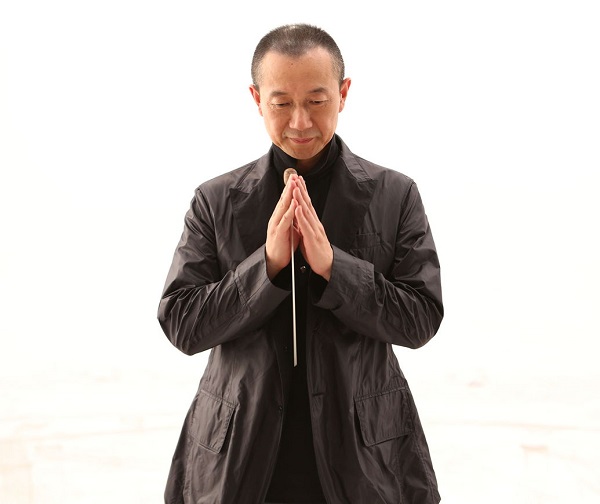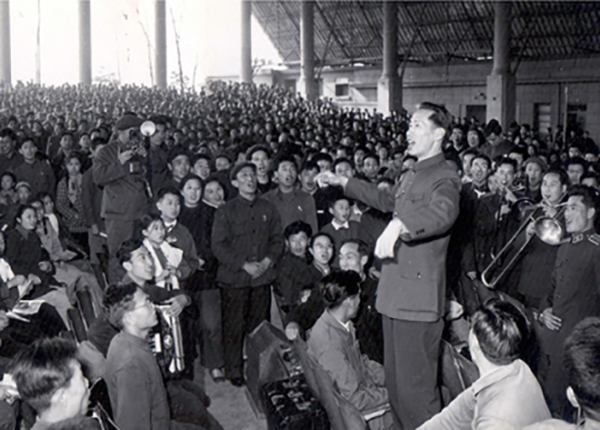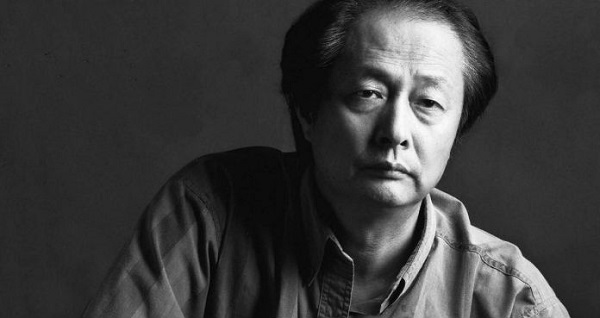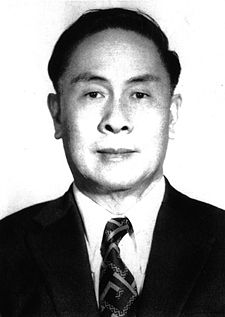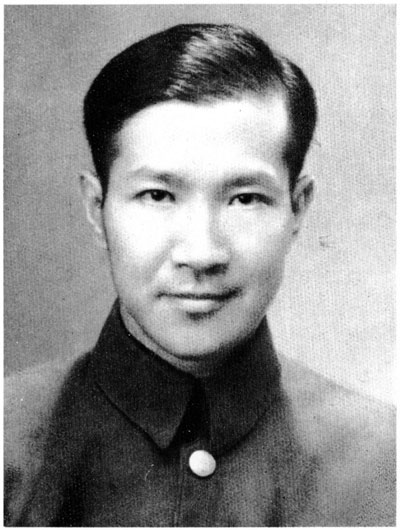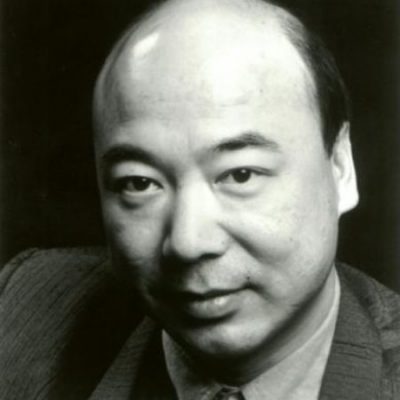Chen Gang was born on March 10, 1935, in Shanghai, China
He Zhanhao was born on August 29, 1933, in Hajiasham, Zhuji, Zhejiang Province
Chen and He are best known for co-composing The Butterfly Lovers Concerto.
Note: Theses composers’ names are written in the Chinese style, with surname first and given name second.

